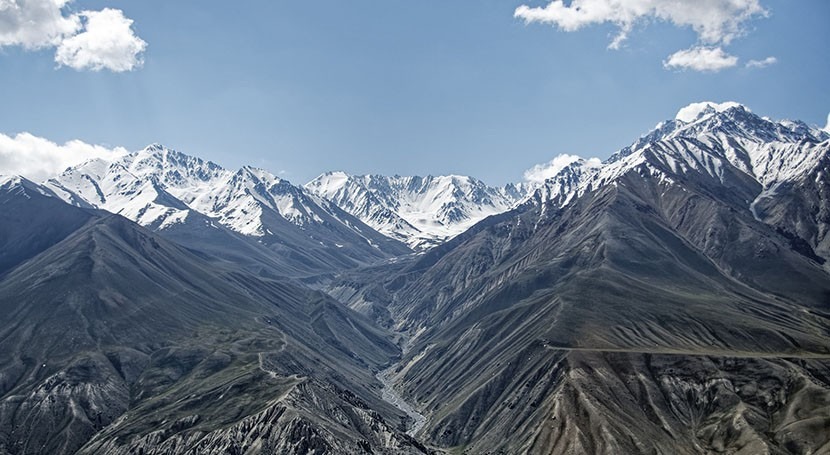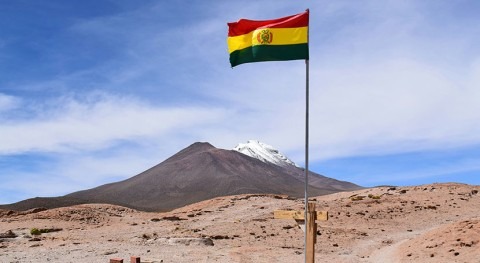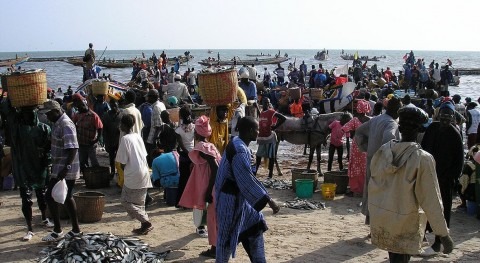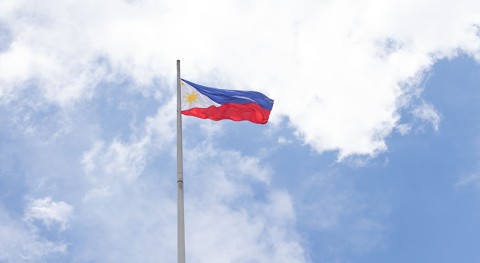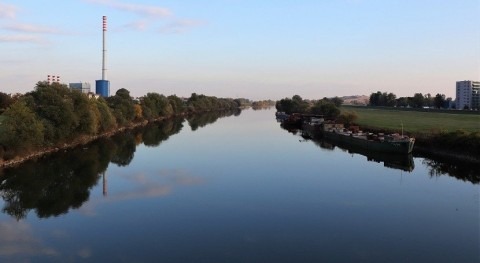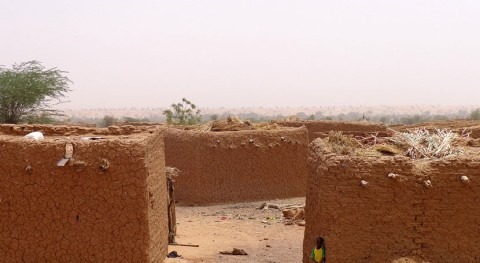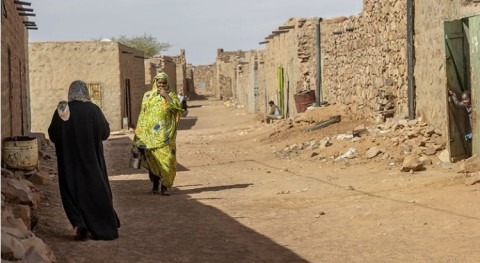The World Bank Board of Executive Directors approved two grants totaling nearly $85 million from the International Development Association (IDA), as part of a $393 million financial package to help Afghanistan alleviate COVID-19 impacts and improve access to clean water, sanitation, and public services.
COVID-19 has imposed a severe social and economic burden on Afghanistan. As they face the pandemic and ongoing conflict, many poor and vulnerable Afghan households subsist on daily earnings, have little or no access to water, sanitation, or healthcare.
The $85 million IDA grants are part of two financial packages, which include additional support from the Afghanistan Reconstruction Trust Fund (ARTF), a multi-donor fund managed by the World Bank on behalf of 34 donors. The financial packages comprise:
$50 million from IDA for the Afghanistan Water, Sanitation, Hygiene, and Institutional Support (A-WASH) Project. The grant will total $200 million, including $150 million from the ARTF. The project will improve access to and quality of water supply in Kabul, Kandahar, and Herat and strengthen the capacity of Afghanistan Urban Water Supply and Sewerage Corporation (AUWSSC) to deliver sustainable services and contribute to national efforts to manage COVID-19 and other disasters.
$35 million from IDA for the Second Additional Financing of the Citizens' Charter Afghanistan Project (CCAP). The grant will total $193 million, including $158 million from the ARTF. The project aims to improve the delivery of core infrastructure, emergency support, and social services to communities through strengthened Community Development Councils (CDCs). Under the Second Additional Financing, the Citizens' Charter Project will expand its service delivery to 10 new cities across Afghanistan, continue to respond to the COVID-19 crisis among communities, provide critical assistance to Kuchi communities, increase employment through public works, initiate peace pilots in rural and urban areas, and continue to strengthen gender equality.
The project will also help address the long-term challenge of water supply in Afghanistan's largest cities
"Access to clean water, hygiene, and basic services is essential to prevent the transmission of infectious diseases, including COVID-19," said Henry Kerali, World Bank Country Director for Afghanistan. "The new grant under the A-WASH project will address the core health and water needs of Afghan communities. The additional grant for the Citizens' Charter Afghanistan Project will build on the tremendous results in delivering services to communities recent years and expand access for more Afghans."
The Afghanistan Water, Sanitation, Hygiene, and Institutional Support Project will be implemented by AUWSSC. The A-WASH project will support the Government of Afghanistan in safeguarding essential water supply in Kabul, Kandahar, and Herat during the COVID-19 pandemic and strengthen AUWSSC's long-term performance and capacity for resilient service provision. The project will also help address the long-term challenge of water supply in Afghanistan's largest cities, mainly through infrastructure investments in Kandahar to stop groundwater depletion and provide access to safely treated, affordable water to the population. A-WASH is planned to be the first in a series of projects to be implemented over 12 years to improve access to water for the Afghan people.
The Citizens' Charter Afghanistan Project is set up as an inter-ministerial program to deliver grants to CDCs that support the delivery of basic services. These services are part of a minimum service standards package that the government is committed to delivering to the citizens of Afghanistan. The project supports the first phase of the government's broader Citizens' Charter National Priority Program that was officially launched in late 2016. The Ministry of Rural Rehabilitation and Development implements the Citizens' Charter program in rural areas, while the Independent Directorate of Local Governance is responsible for its implementation in Herat, Jalalabad, Kandahar, and Mazar-e-Sharif.


